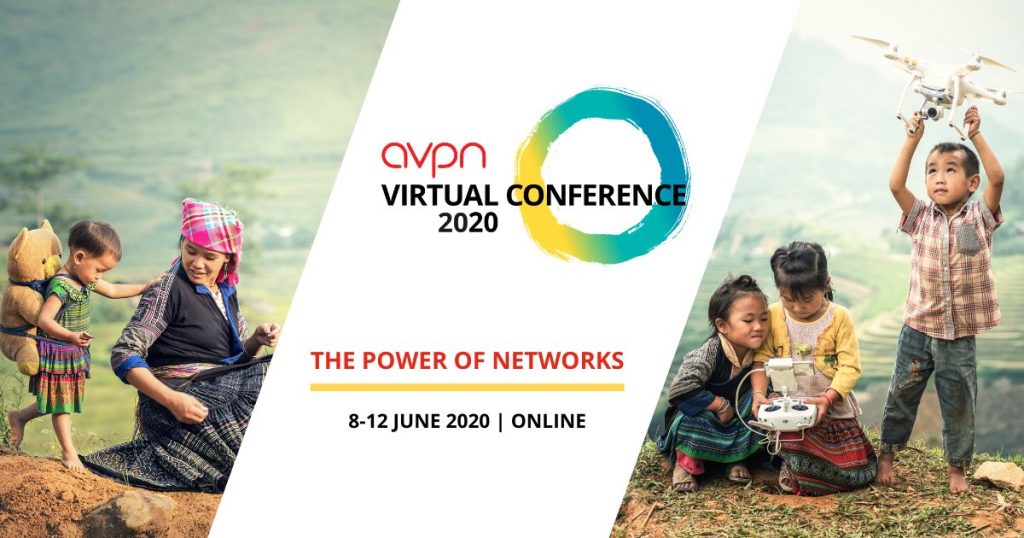If unable to view, please use this link.
Session Highlights:
- Somewhere between USD300 billion and USD1 trillion is raised per annum via Zakat (the 2.5% of unused saving Muslims donate to charity). This Islamic capital has significant capacity to address SDGs, especially those of poverty reduction, peace, education and economic growth.
- “Being [in Islamic finance] does not mean also you are only working with Muslims or in Islamic countries, we deal with all beneficiaries.” – Saleh Mubarak Bazead, Nama Foundation
- Of the 70 million people forcibly displaced around the globe, 60% of these are Muslims and Zakat targets this problem directly. The UNHCR Refugee Zakat Fund provided USD 43 million in assistance to over 1 million refugees last year. Zakat is also channeled into stagnating economies (often conflict areas) and yields significant impact, with an estimated USD 2.10 in economic activity generated for each USD 1 spent.
Session Description:
-
Islamic finance has a long history of activity in Asia, in recent decades showing increasing innovation and sophistication in how philanthropic and Shariah-compliant instruments are providing more opportunities for the Islamic funder to create impact. In today’s continuum of capital for impact, where are the opportunities and gaps for Shariah-compliant funds to play a bigger role in Asia’s sustainable development? This session will dive more deeply into the opportunities and challenges facing the new generation of Islamic philanthropists, transitioning from traditional charity to strategic and venture philanthropy. It will also explore the convergence occurring between sustainable finance and Shariah-compliant investments, and what opportunities this brings to help mainstream impact investment and sustainable finance in Asia.
Key Takeaways:
- Hear from Islamic finance practitioners on the journey of expanding Islamic finance to both philanthropic and impact investment tools. Where do these instruments sit in the continuum of capital?
- Understand recent trends pertaining to the rise of Shariah-compliant instruments, including Islamic bonds, or sukuks. What are the factors contributing to its uptick in issuance, and how have these instruments diversified geographically in the region?
- Islamic finance is just one form of faith-based investing. Where are the potential opportunities to catalyse other forms of faith-based investing?

















